3 Telltale Signs of a Leaky Plumbing System
Is your water bill higher than usual? Have you noticed water stains on your walls or floors? These could be signs of a leaky plumbing system. A small, undetected leak can lead to extensive damage if left untreated. Early detection is key to avoiding costly repairs and wasting precious resources. Read on to discover some common telltale signs of a leaky plumbing system and what you can do about it.
1. An Unexplained Increase in Water Bills
One of the most obvious signs of a leaky plumbing system is an unexplained increase in your water bill. If your usage habits haven't changed but your bill has skyrocketed, it’s a good indication that water is escaping somewhere in your system. According to the EPA, an average household can waste 9,400 gallons of water a year from household leaks. This adds unnecessary costs and depletes this vital resource.
2. Strange Water Damage in Your Home
Another clear sign of a potential leak is water damage to your home. Brown or yellow stains on ceilings or walls are strong indicators that water is breaching somewhere behind the surfaces. You might even notice sagging ceilings or peeling paint, which are both results of prolonged exposure to moisture. These issues not only affect the aesthetics of your home but also compromise its structural integrity.
3. Oddly Persistent Mold and Mildew
Persistent mold and mildew are also red flags of a hidden leak. Mold requires moisture to thrive, so if you’re constantly battling mold in certain areas, it’s a warning that there could be a water leak. Bathrooms, basements, and under sinks are common places where mold can reveal a hidden plumbing issue. Mold not only looks unsightly but can pose serious health risks if left untreated.
A leaky
plumbing system can impact your wallet, your home's structure, and even your health. By keeping an eye out for increased water bills, water damage, and persistent mold, you can catch leaks early and address them before they escalate. Regular inspections by a qualified plumber can also help in the early detection and correction of any issues. Don’t let a small leak turn into a big problem. Take action now and save yourself from costly repairs and wasted water.

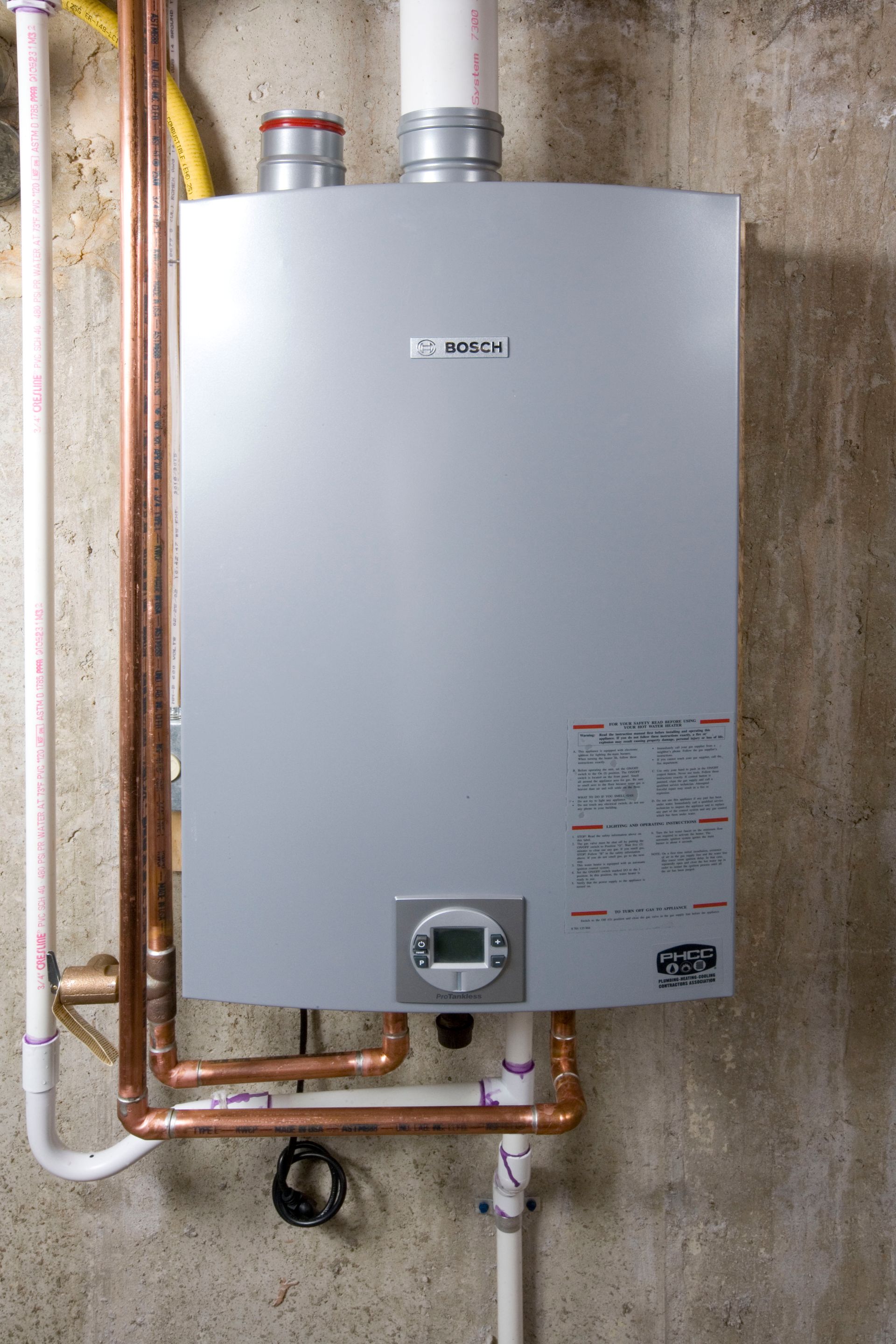
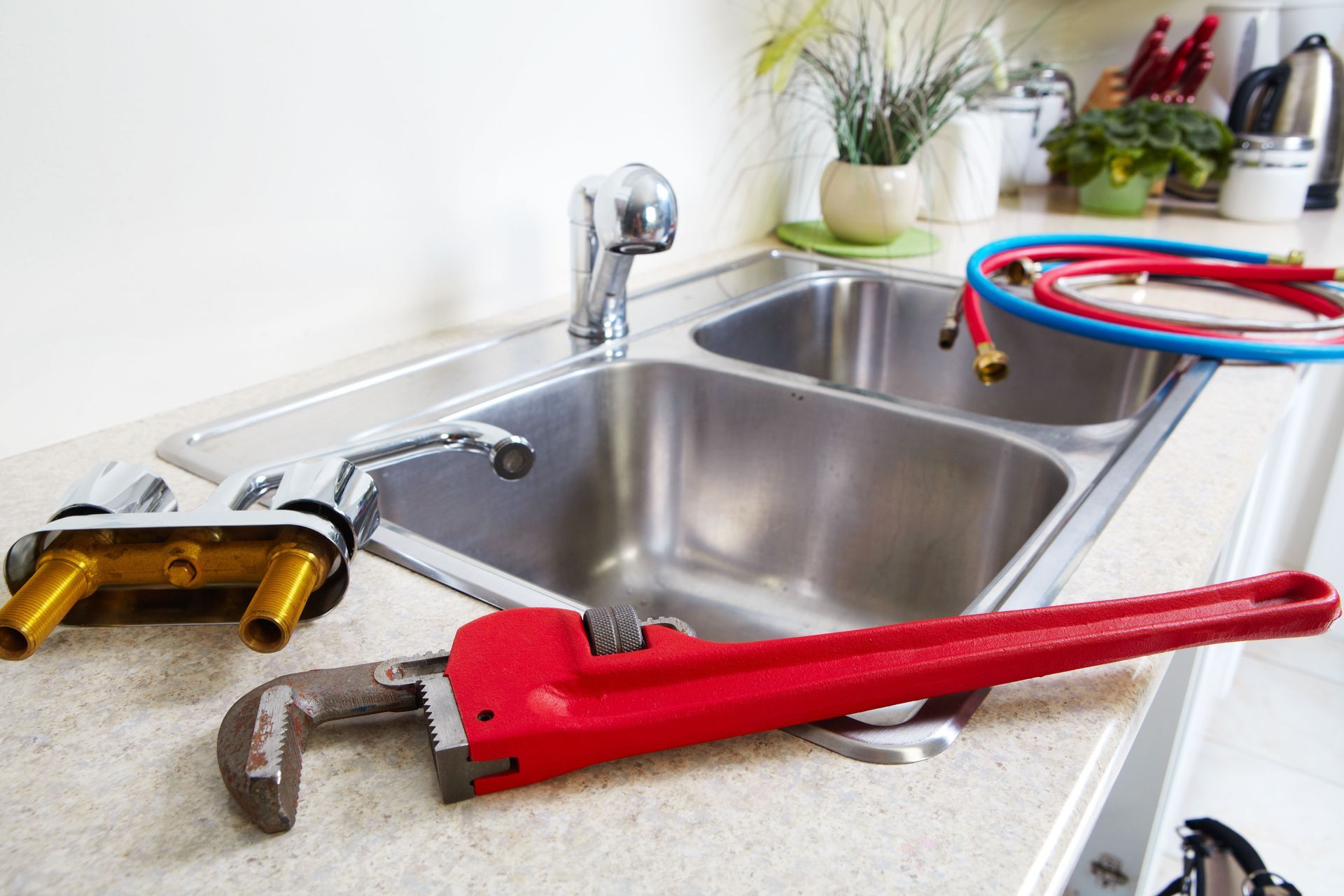
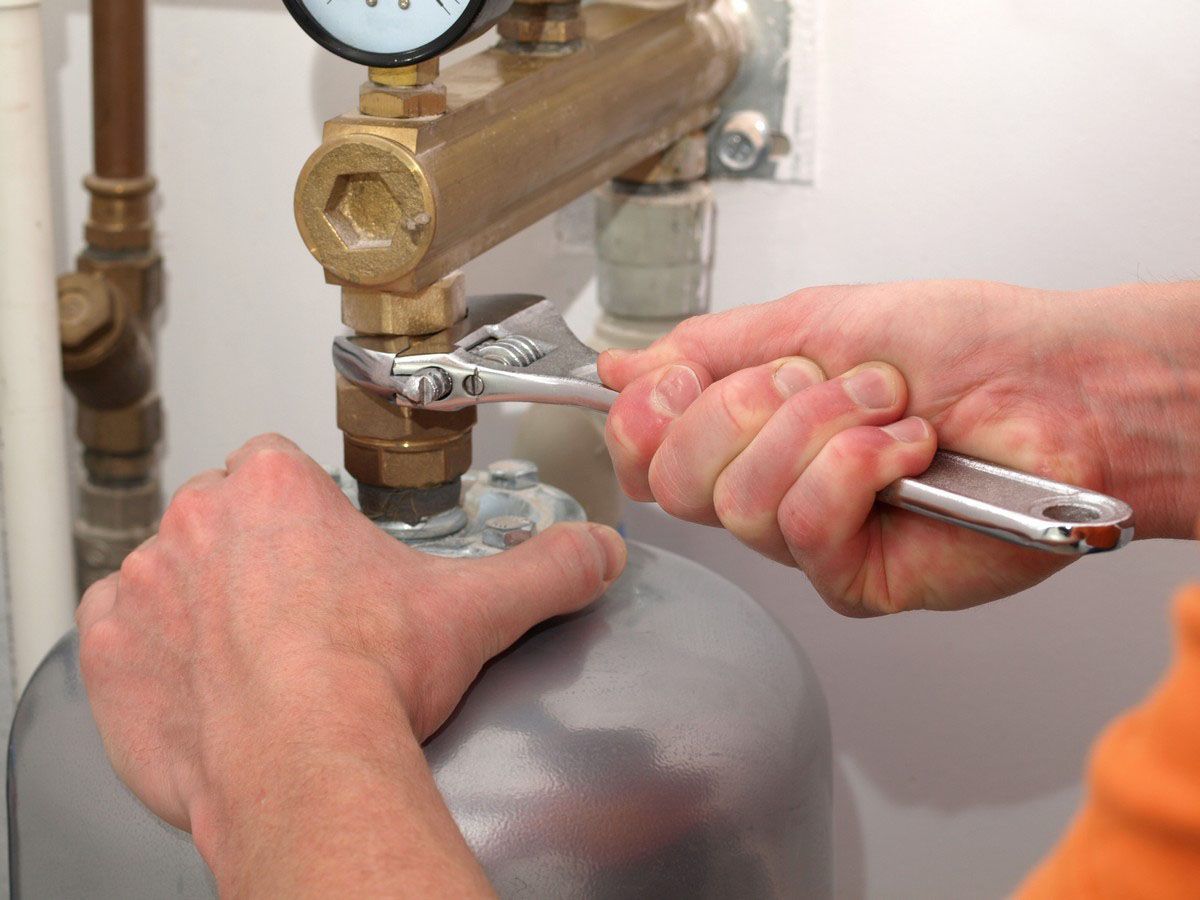
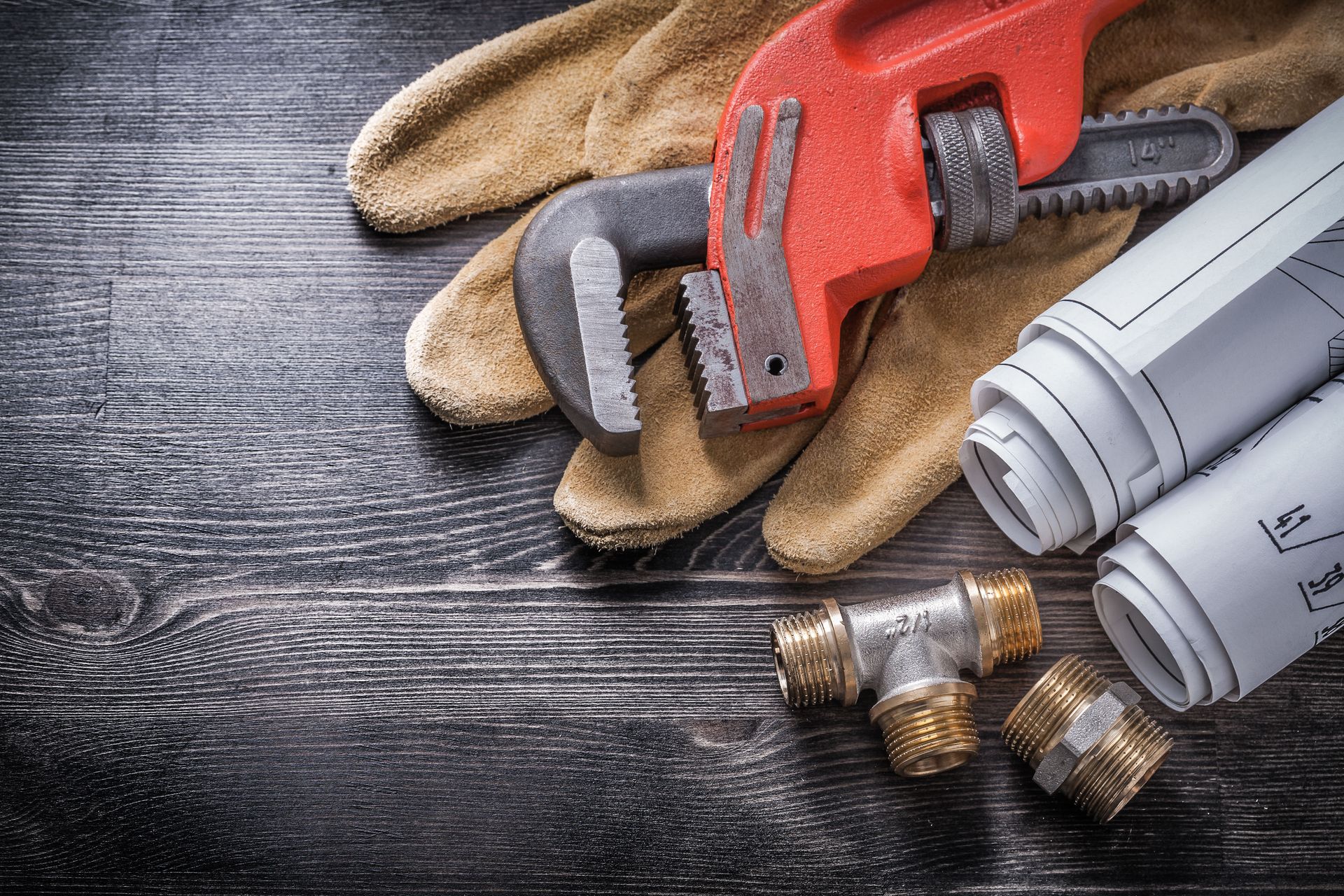
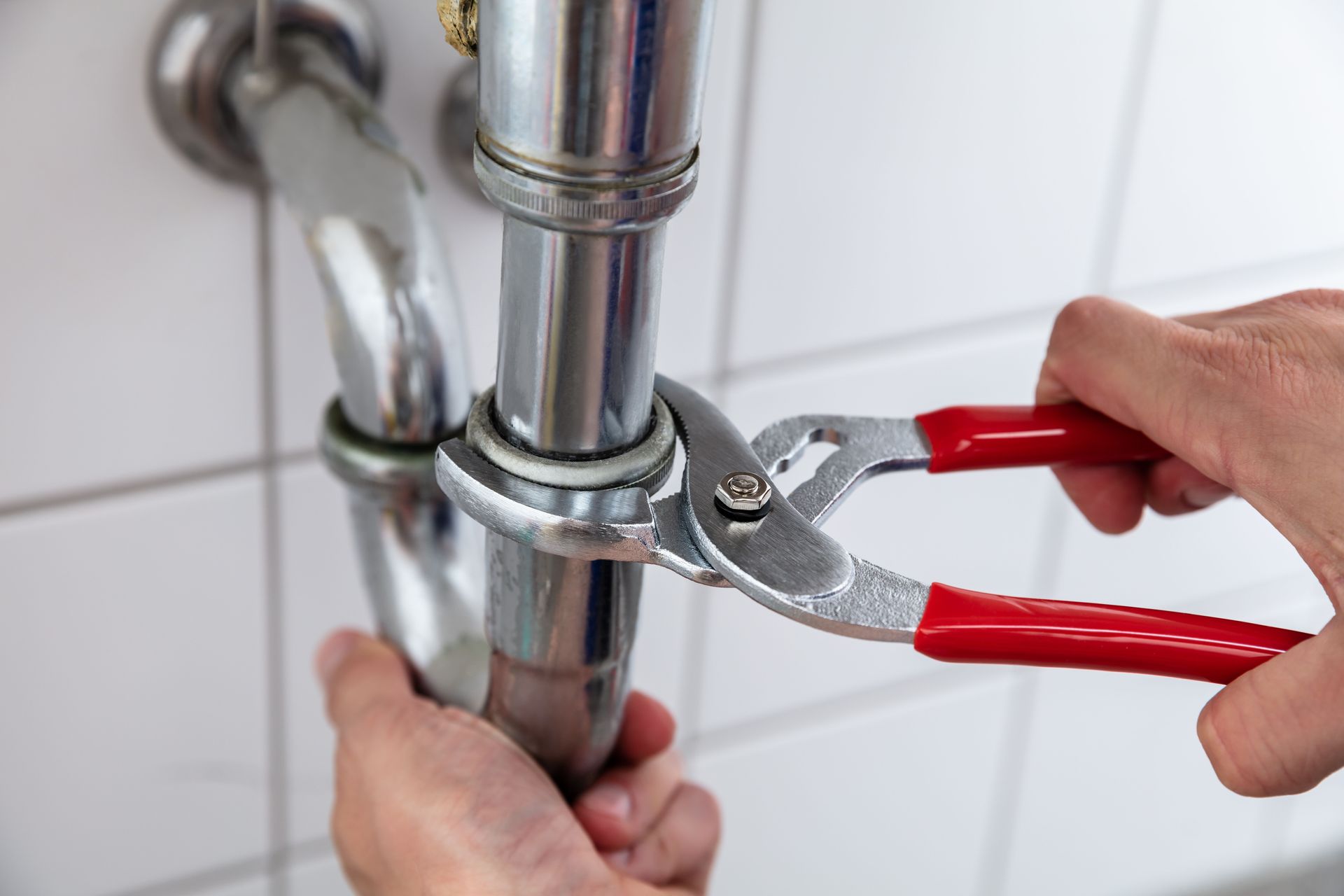
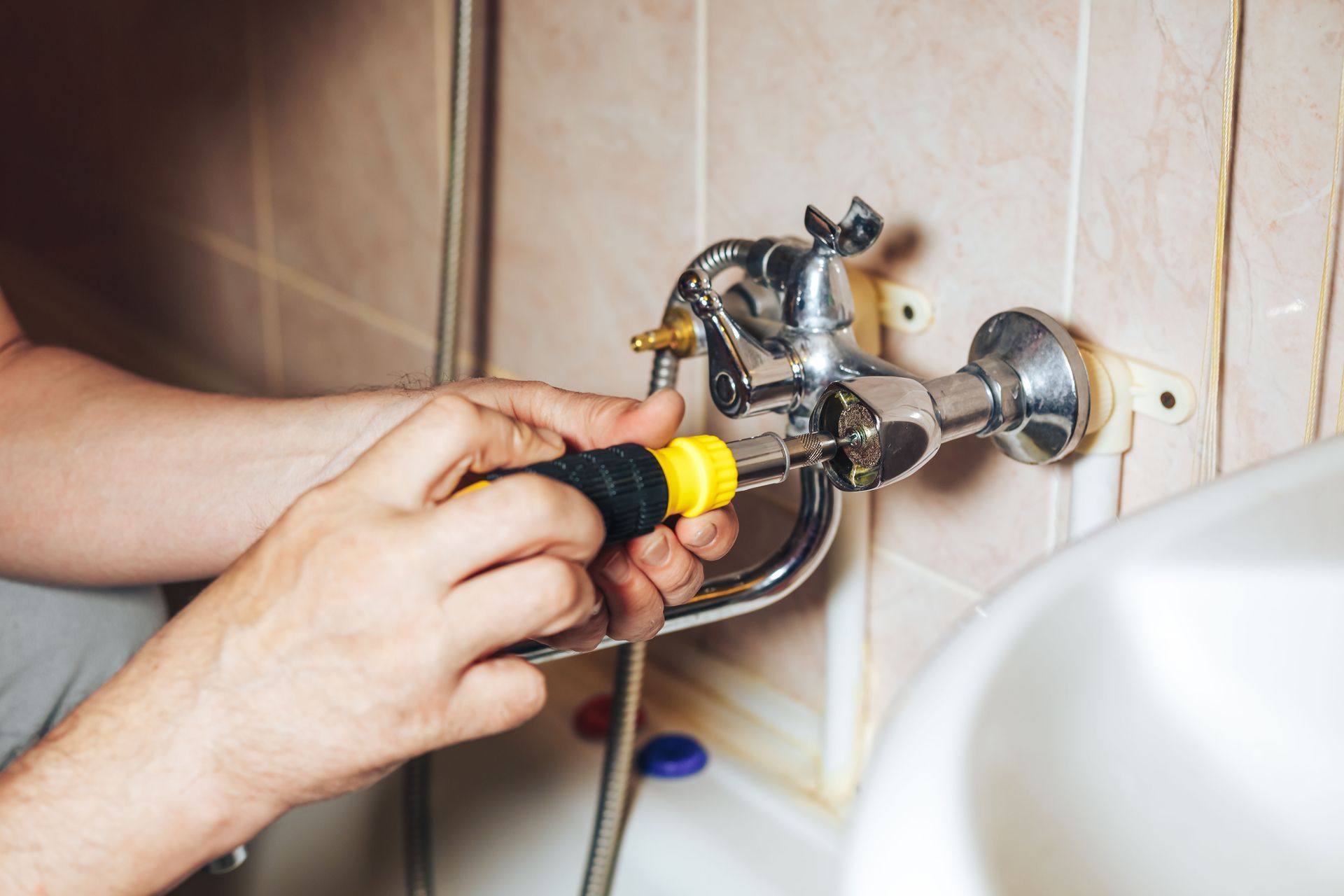
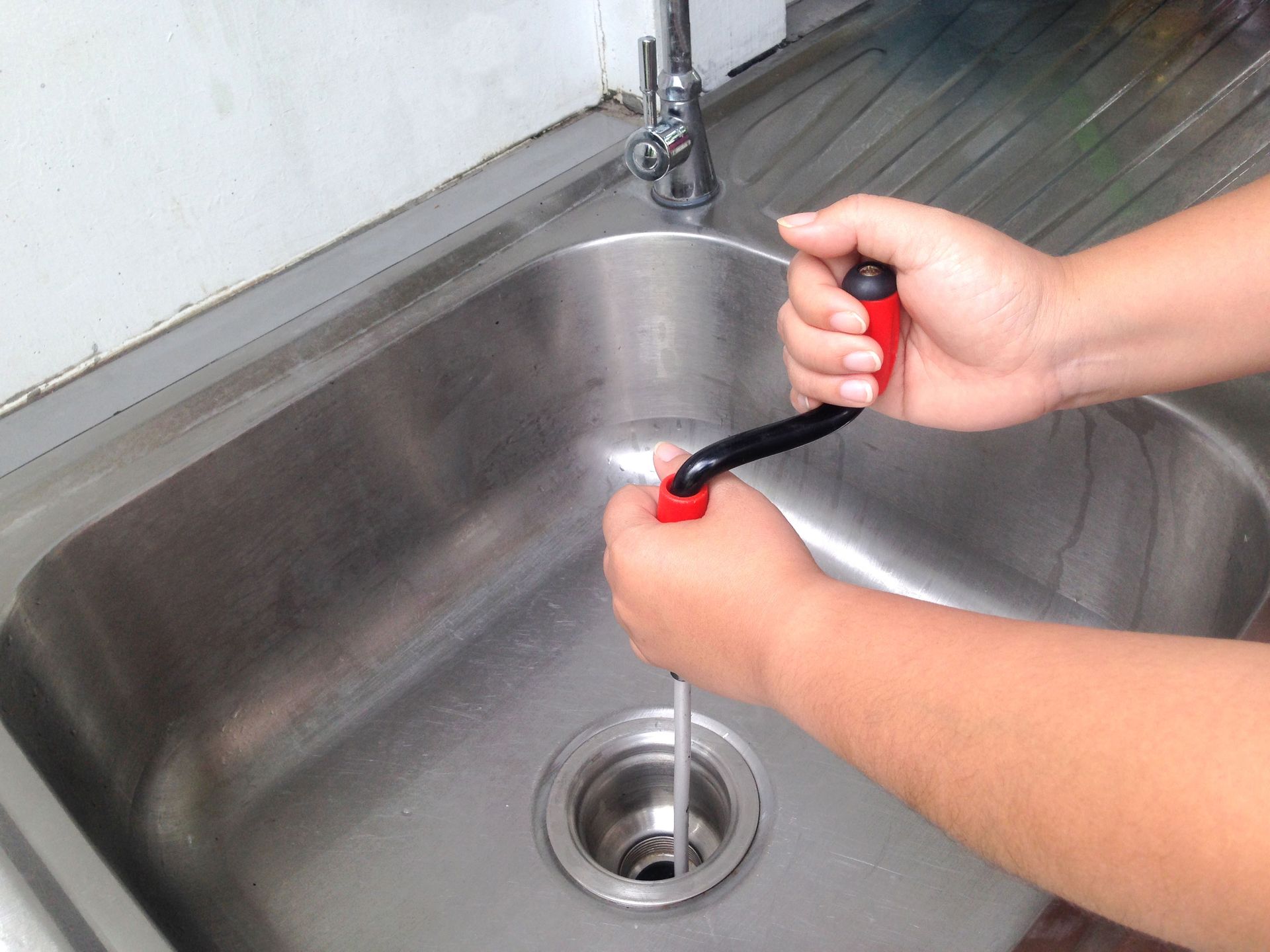
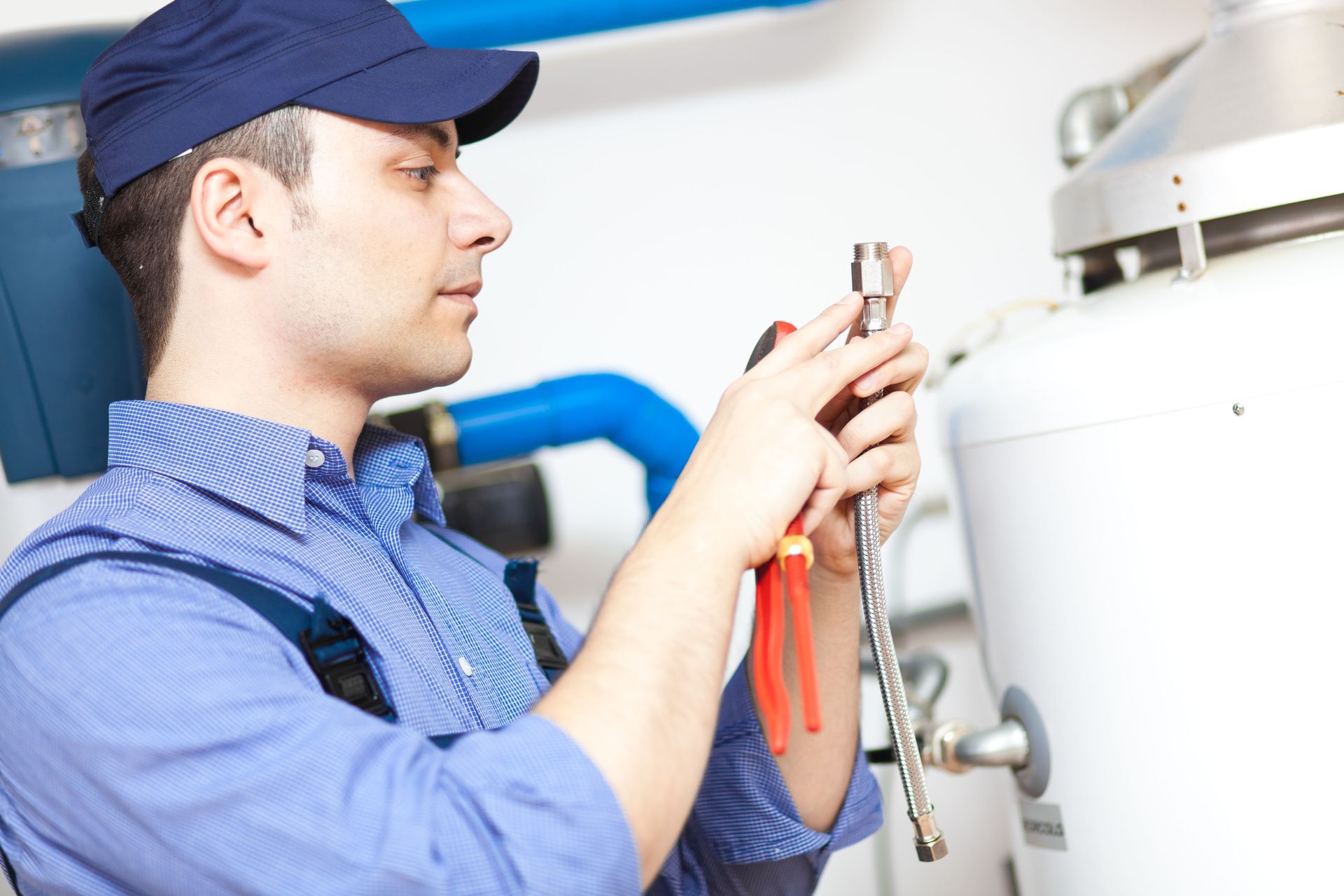
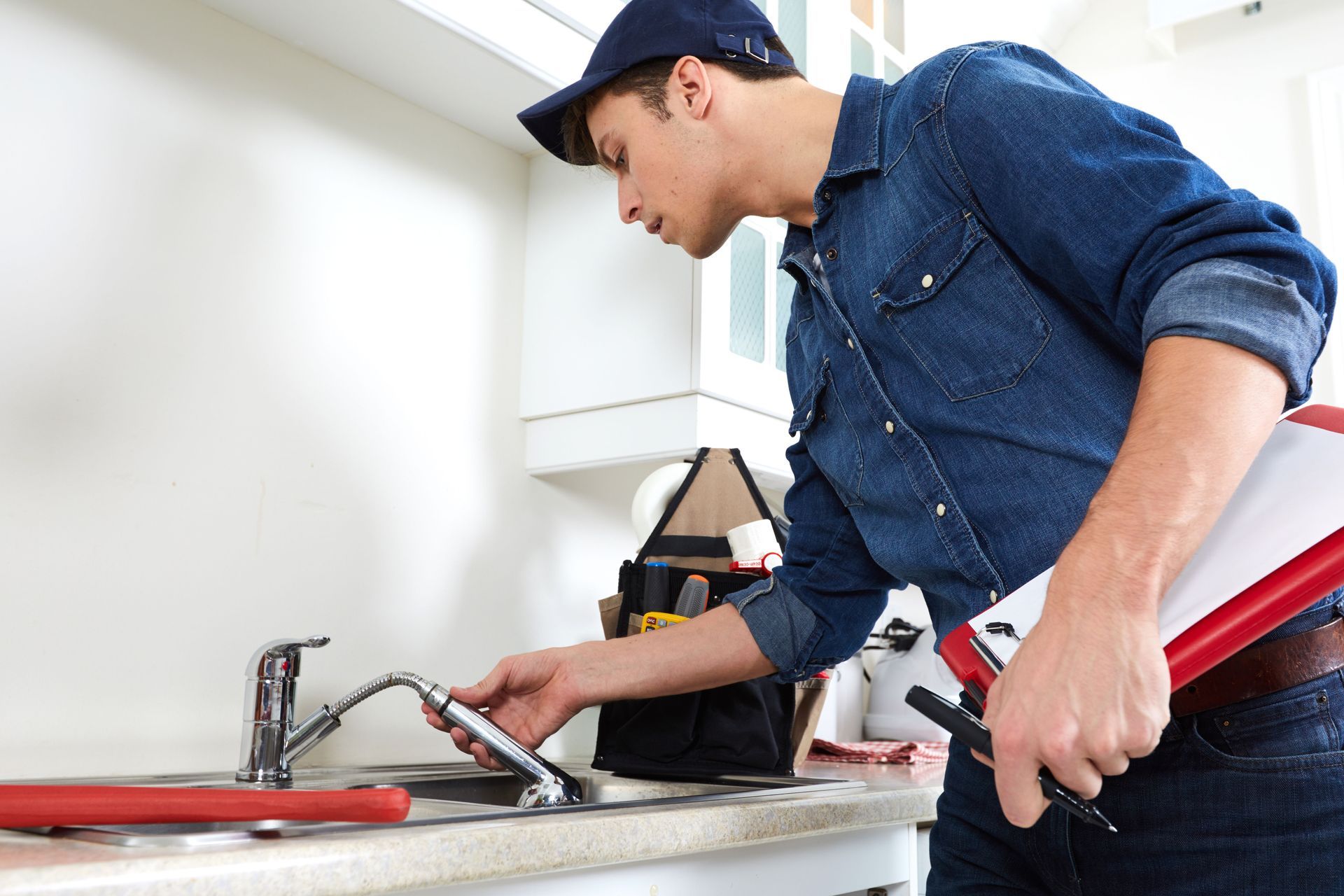
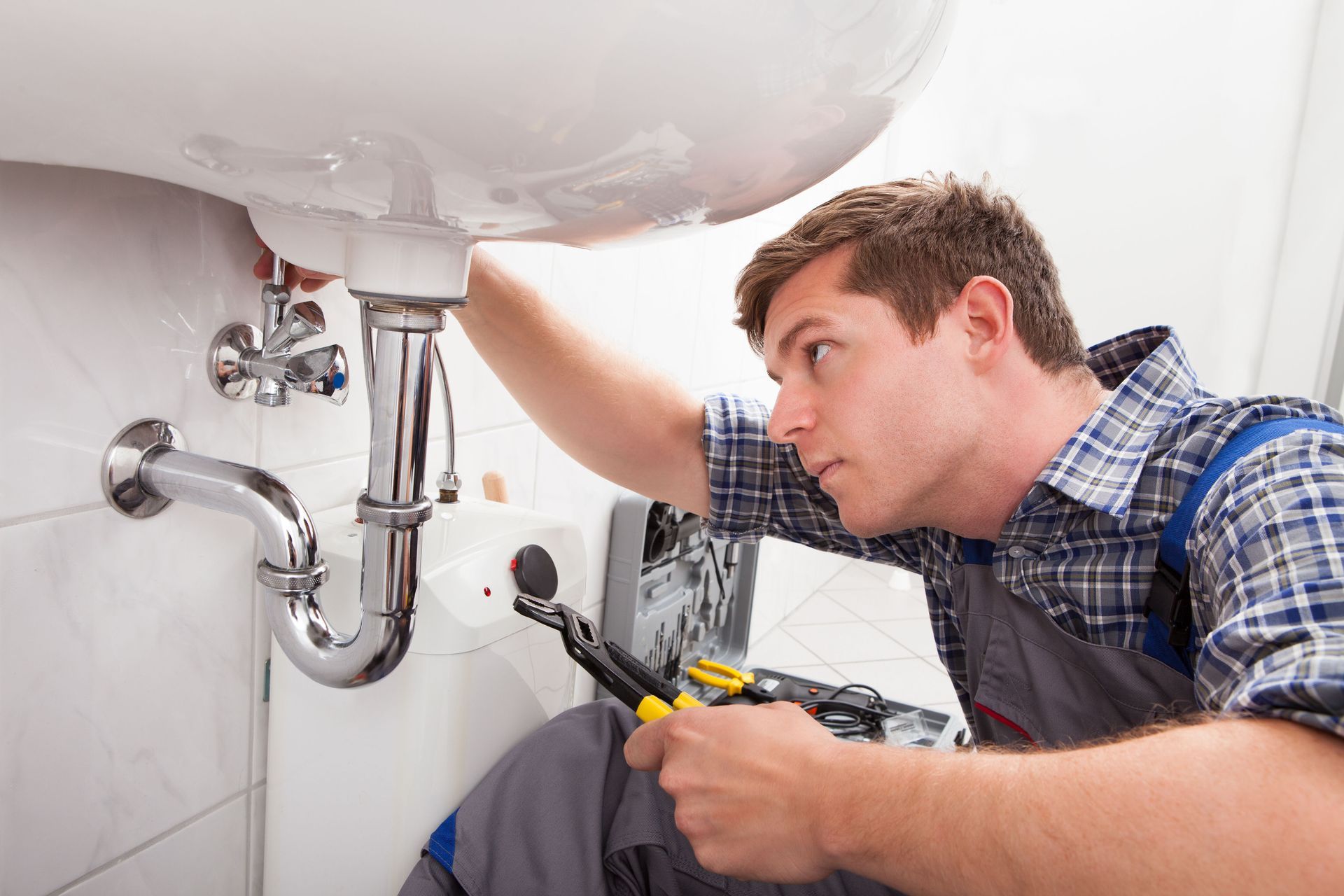


Share On: